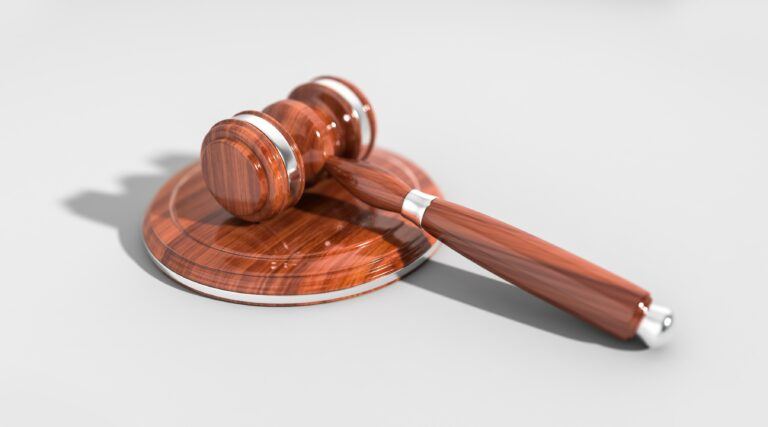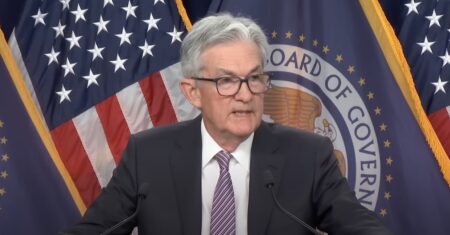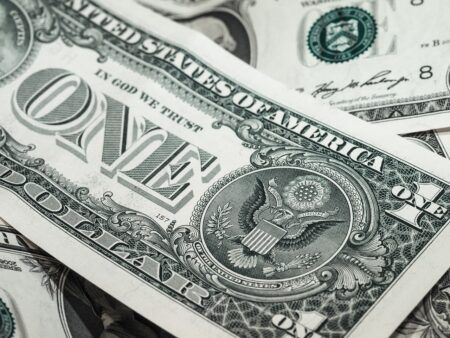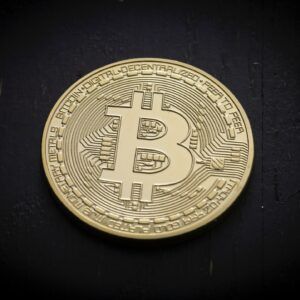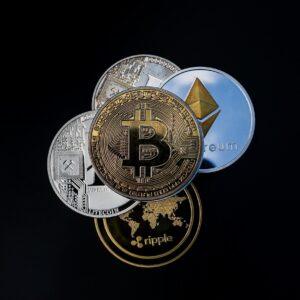According to the recently-launched “Exchange Benchmarking Report” from CryptoCompare Research—which ranks digit asset exchanges using a combination of “qualitative (due diligence) and quantitative (market quality based on order book and trades) metrics”—the best crypto exchanges tend to be highly regulated.
How CryptoCompare Ranks Spot Exchanges
CryptoCompare’s Exchange Ranking methodology uses a combination of “34 qualitative and quantitative metrics to assign a grade to over 100 active spot exchanges.” These metrics are divided into seven categories: Geography, Legal/Regulatory, Investment, Team/Company, Data Provision, trade Surveillance, Market Quality, and Trading Incentives.
Scores from the various categories were aggregated to get a “total cumulative score” (75 is the maximum possible score). A relative grading system was used: “These scores are then re-scaled to 0 – 100 based on the score of the exchange that scored the highest.” Grades were then assigned based on various thresholds as shown below:

Only six exchanges in the world managed to get an “AA” grade: Coinbase, Poloniex, Bitstamp, BitFlyer, Liquid, and itBit.
In the Regulatory category, there are eight metrics: “Legal Company Name”; “Registered as an MSB”; “Subsidiary Exchange Registered as MSB”; “Licensed”; “Subsidiary Exchange Licensed”; “KYC/AML”; “Part of Regulatory/Industry Group”; and “Insurance Against Losses”.
Regulations for Crypto Exchanges
For the purpose of this report, we focus on just two of the eight metrics in the Legal/Regulatory category: “Registered as an MSB” and “Licensed”. But what do they mean?
Well, first, not all jurisdictions have regulations specific to digital asset exchanges or money service businesses (MSBs). But some do.
For example, in the United States, we have the Financial Crimes Enforcement Network (FinCEN), which is a bureau of the U.S. Department of the Treasury. FinCEN’s mission is “to safeguard the financial system from illicit use, combat money laundering, and promote national security through the strategic use of financial authorities and the collection, analysis, and dissemination of financial intelligence.”
On May 9, FinCEN issued interpretive guidance “to remind persons subject to the Bank Secrecy Act (BSA) how FinCEN regulations relating to money services businesses (MSBs) apply to certain business models involving money transmission denominated in value that substitutes for currency, specifically, convertible virtual currencies (CVCs).” And centralized spot exchanges definitely are classified as MSBs.
Any global crypto exchange, no mater where it is operating from, must register with FinCEN (and follow its rules) if it deals with customers who are U.S. persons. In particular, all MSBs registered with FinCEN must have a formal anti-money-laundering (AML) compliance program.
A few examples of crypto exchanges registered as MSBs with FinCEN are Coinbase, Kraken, Bitstamp, Bittrex, Polonoiex, Gemini, and Gemini. As of October 2018, only around 13 of the top 100 crypto exchanges by trading volume were FinCEN-registered.
As for what “licensed” means, if we again use the example of the United States, it is possible there to be “MSB-registered” but not “licensed” since individual states can require crypto exchanges that want to deal with the residents of that state to have a state-specific license. For instance, New York State’s Department of Financial Services (DFS) requires all crypto exchanges that deal with New York state residents to have a BitLicense.
In some other jurisdictions, such as Japan, the financial regulator (in this case, the Financial Services Agency) requires all crypto exchanges that want to operate there to obtain a license from them, but there is no equivalent to FinCEN’s MSB registration.
CryptoCompare Research considers a “licensed” exchange to be at least as tightly regulated as one that is “MSB-registered”. So, if in a particular jurisdiction there is no concept of “MSB registration” but a license is required to operate as an exchange, it considers that exchange to be “MSB-registered” and “licensed”.
Correlation Between Degree of Regulatory Oversight and Exchange Quality
As you can see in the screenshot below (taken from page 24 of the CryptoCompare Exchange Benchmarking Report), there seems to be a strong correlation between exchange grade and degree of regulatory oversight, e.g. 100% of AA-graded crypto exchanges are both MSB-registered and licensed, whereas none of the F-graded crypto exchanges were MSB-registered or licensed:

One interesting outlier among the top 10 exchanges was Binance, which received only a score of 1.1 (out of 10) in the Legal/Regulatory category, but it is widely considered as one of the best exchanges in the world. Binance managed to get overall “A” grade in the CryptoCompare Exchange Benchmark, despite the fact that it is not operating in the U.S. or Japan, which are two of the most heavily-regulated jurisdictions for crypto exchanges.
It is also worth noting that “only 5.6% of total trading volume happens on licensed exchanges, and 7% of volume on exchanges registered as MSB.”
The interactive CryptoCompare Exchange Benchmark is available on the CryptoCompare website.
Featured Image Credit: Photo via Pixabay

